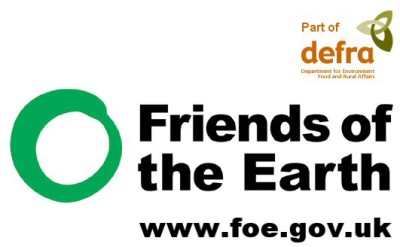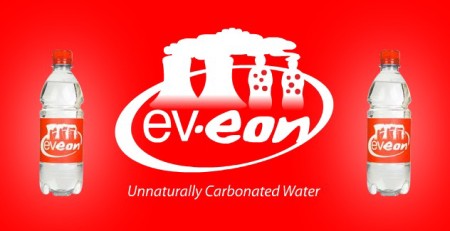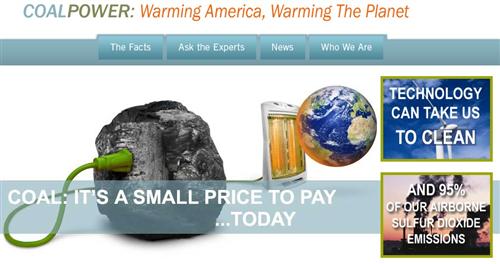American Chemistry Council: Balancing Trivia With Toxic Violence
Posted by keith on 13th May 2009
It’s common knowledge that given a choice of two tasks, of varying impact, most people in the civilized world will choose to do the easiest, even if the outcome is of little or no importance. Given the choice of walking a mile to your destination, or getting in the car and driving a mile – regardless of the environmental and social impact of cars – most people will choose to drive. Or rather, “choose” to drive.
I put the word “choose” in quotes because it’s not really a choice at all; civilized society conspires to make the option that is of most benefit to the capital economy the most favourable “choice”, even if it means that the “choice” runs counter to what most people would do given a genuine freedom and an absence of persuasive factors (e.g. advertising, social engineering, lack of alternatives) that steer the individual in the direction of the best choice for the economy. Recycling is a serious offender, not because there is anything intrinsically bad about recycling most materials, but because it is presented by society as an environmental “choice”: you can choose to recycle and be “green” or you can choose not to recycle and not be green.
What other choice is there? What about choosing to do any number of things that are substantially more important than recycling; like reducing your primary consumption of goods, repairing what you already have, reusing what others have no need of, bartering or exchanging goods and services, or just giving stuff away because it means the recipients will buy less of that stuff new. And then there is not filling the skies with toxic gases; not pouring millions of gallons of effluent into seas and rivers; not garnishing the biosphere with a cocktail of persistent chemicals then leaving others to sort out the mess later.
The last three are the hallmark of one of the largest industrial sectors in the world: a sector that provides civilized humans with everything from computer screens to astroturf; plastic packaging to car interiors; printing ink to artificial sweetners; mercury to formaldehyde; titanium oxide to napalm; chlorine to glyphosate. The chemical industry provides the raw materials for the products of Industrial Civilization. It is a monster that needs a phenomenal amount of public relations to look good.
In general, the governments of the world’s industrial nations provide that PR, and for those nasty bits left behind, the private PR companies provide the nice words to smooth over the leaking cracks:
Over eleven billion dollars are spent each year by the business of chemistry to reduce emissions and protect the environment. Federal and State regulations for virtually every piece of our plant operations are in place and more rules are in the pipeline. End-of-pipe control programs have been implemented throughout the industry and the focus of environmental protection is now shifting to addressing any remaining risks that are deemed unacceptable. Continued improvement in environmental performance should focus on spending resources only on those policy decisions that will deliver the most improvement to reducing human health and environmental risks.
Allow me to translate:
“Over eleven billion dollars are spent each year by the chemical industry to ensure it does not kill too many people or destroy so much of the natural world that it becomes impossible to cover it up. Federal and State regulations, which we have fought against in the past and continue to fight against now are being implemented because we have no choice, although we have done our best to drag the process out for as long as possible. Systems that bring the amount of toxic crap being poured into the environment down to the legal maximum (and anything else we can get away with) have had to be put in place; but because our industry produces more waste than we can deal with, and the public are (literally) sick of it, we’ve had to pretend we’re doing something about all the other bad stuff we do. If we’re going to have to spend any more money, then were going to make sure it’s as visible as possible, even if it doesn’t make a damn bit of difference.”
Does that sound more realistic? You can read more of this sanitised bullshit over at the American Chemistry Council’s web site. Bear in mind that the ACC represents just about every chemical company you can name, and lots more you have never heard of (and which I would strongly recommend you look into), and it is pretty obvious that they are not doing any of this out of the goodness of their hearts. Anything they can do to look good, they will: and what better thing than our old friend Recycling:
Beginning on April 21st, 2009, the American Chemistry Council (ACC) will host a blog summit to explore recycling efforts and trends in the United States – focusing on barriers to recycling and innovative programs to increase recycling, particularly of plastic. The blog summit is intended to be a dynamic online conversation; it is open to the public. Among those participating will be independent thought leaders with plastics or recycling expertise, industry executives and established bloggers all of whom will be volunteering their time and knowledge.
Why are we doing this?
Across the country and around the world, significant efforts are underway to decrease litter in all environments specifically near our oceans, rivers and streams. Many of the materials that end up on roadways and waterways are readily recyclable. Yet, recycling rates, particularly in the U.S., remain low. The American Chemistry Council and its member companies continue to work with state and city governments, non-profits and other stakeholders to improve the recycling infrastructure, increase access to recycling and create a culture of recycling for future generations.
Excellent. I hope you’re all feeling the warmth from the last 4 weeks of recycling goodness that the ACC have blessed you with.
No?
You’re a cynical bunch, aren’t you?
Posted in Company Policies, Corporate Hypocrisy, Spoofs | 1 Comment »








